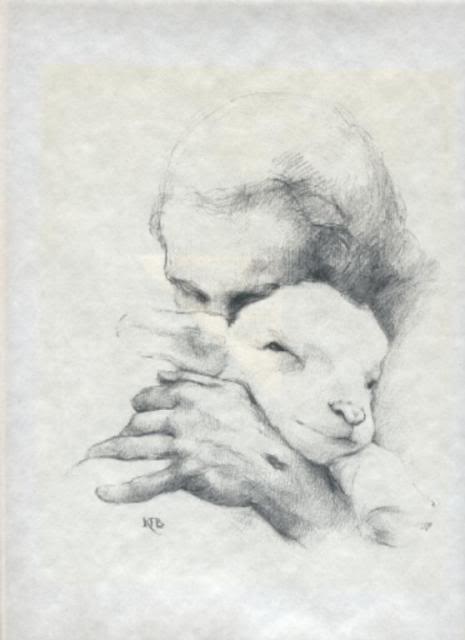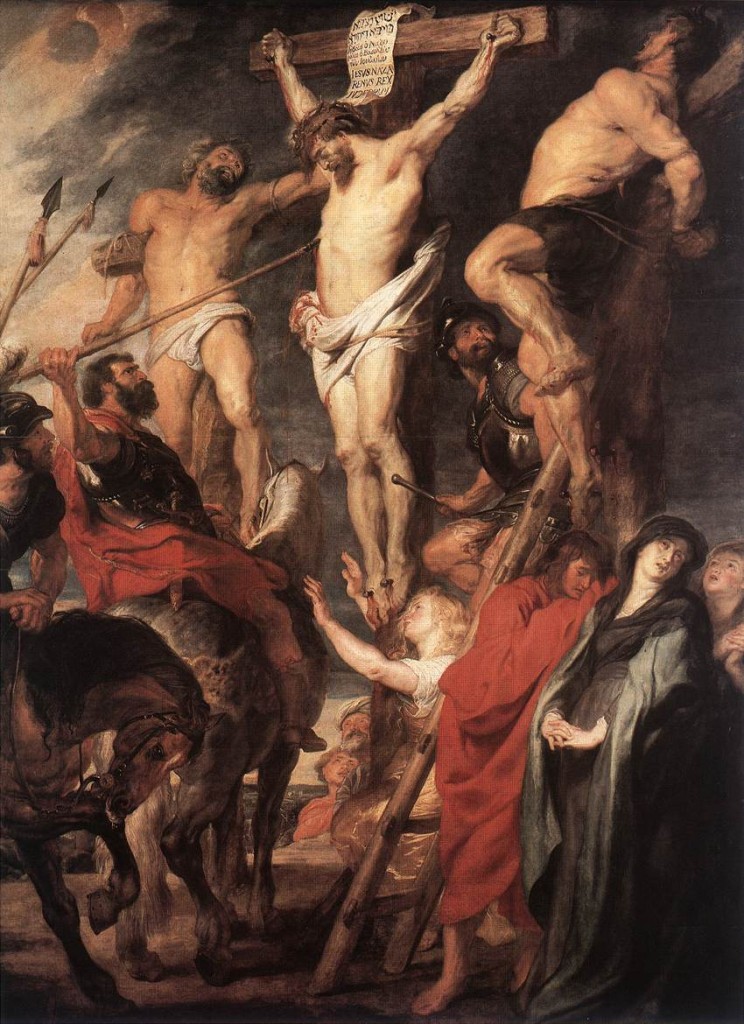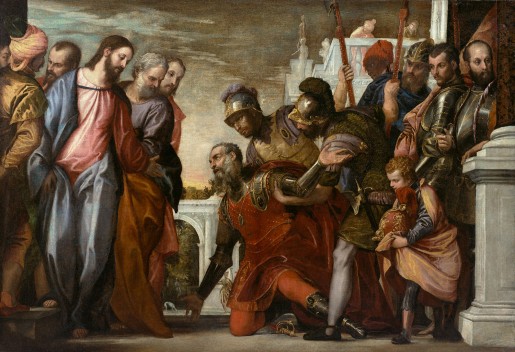He’s got the whole world in his hands, we sing. He’s the God who created heaven and earth, we say. He loves everyone because we are all made in his image and likeness, we profess.

If what we believed were true, wouldn’t it make Him the most loving God ever? Wouldn’t it make Him just about the most multifaceted God that exists?
Just think. We are all made in His likeness, yet no one person is the same as the next. All different, yet all beautifully and wonderfully made in His image; and loved by Him just the way He made us. Truly, madly, deeply.
The Bible says it. We profess it. But do we really believe it? Do we appreciate what it means? Do we even understand the enormity of this concept? Can the human brain even begin to comprehend the fullness of its far reaching impact?
Forgive me for asking these questions, but please believe me when I say that there is a point to them and a real reason why I ask. So give me a few more minutes of your time.
You see, I am very much like the average human. When I think of God as loving, I see Him as loving me and all that I love. I tend to personalise this love, often to the exclusion of the other, especially those I don’t understand; or the one who doesn’t love me as I would like to be loved. God is mine and He is there to provide for me, fight my battles and beat up on my adversaries.
Nothing makes us worthy of God’s interaction or deserving of His influence over our experiences.
I am quick to forget that since He is the maker of all humanity whom He cares for and loves, he is also the God of the other person who I consider different, difficult or offensive. Heck, even those with whom I disagree.
Unfortunately, I’m not the only one who thinks this way, and worse, this view is not only taken by individuals but by institutions. Such that religions oppose each other and kill for it and societies condemn groups of people because of lifestyle choices, and oppress them as a result. We make enemies of each other maybe because we forget or are unable to understand that this God who made us all, who is capable of enormous amounts of love, loves us all. The same way. Truly, madly, deeply.
Do you see where I’m going with this?
Ok. Some might say that this perception of God as being all loving and all caring is a construct of the human mind and not biblical. After all Scripture records several instances where God’s disapproval is expressed – hatred for workers of iniquity, (Psalm 5:5) lovers of violence, [1]Psalm 11:5 false witnesses [2]Proverbs 6:16 and of course the unrighteous. [3]Deuteronomy 25:16 To that I say, that these people were always described by what they did and not who they were. As such, God had a problem with their actions and not who they were as human beings.
Come with me to chapter 19 of the book of the Prophet Isaiah. [4]Isaiah 19:16-25 Here we see God speaking through the prophet of Egypt and Assyria – nations that at one point in their history had oppressed the chosen ones, Israel, and were now neck deep in wickedness. They were described as idolatrous and performed practices that were abhorrent to God’s ways, and because of that they were to be punished. Yet, at the very end of the chapter, God describes Egypt as His people, and Assyria as the work of His hands – also nations He was eager to draw to himself and bless. A clear example of how God might hate what a person does, punish them for it, but love them completely, irrespective of whether or not they know or acknowledge him.
God’s care, concern and love, is not predicated on a relationship or even a knowledge of him.
Another interesting occasion similar to this can be found in Amos chapter 9. Here we see God expressing his frustration with the children of Israel and in verse 7 He compares the now iconic exodus experience of the Israelites to a similar deliverance He had wrought for the Philistines and the Syrians. Quite simply, God was in the business of delivering people and nations, just as he had delivered Israel! Nothing special there!
The universal requirement of God in the lives of the people mentioned in these verses was this. Nothing. Nothing at all made them worthy of God’s interaction with them nor deserving of His influence over their experience. There was no special relationship and in some cases no covenant or set rules through which they could come into a relationship with Him. He was their God and He cared for them whether they knew it or not; whether they knew Him or not.
When he sent Jonah to the city of Nineveh, it was not predicated on a special relationship or covenant. His gripe with them was not the lack of a temple where He could be worshipped. It was not that they didn’t offer sacrifices to Him or that they failed to observe the Sabbath. It was simply on the basis of their actions: that they did evil in His sight. [5]Jonah 1:1 It seemed like he exercised a right over them to guide them aright and love them, even when they didn’t love or know him.
Conversely, when Israel, the “special” nation broke their covenant with the Gibeonites by oppressing and killing them when they had promised not to about 400 years earlier, God fought for the Gibeonites! Not his special people! [6]2 Samuel 21:1-2 This would mean that although they were in a special covenant with him, God fought against them when they oppressed the weak. Putting to bed entirely and completely the theory that suggests that God’s love is the exclusive prerogative of any religion, race or construct, societal or otherwise.
For in dealing with the people who knew him and those who didn’t, there were certain things that stood out. That God’s care and concern, and dare I say love, is definitely not predicated on a relationship or even a knowledge of him. That he is in equal parts in love with all people and all nations on this earth that he made. And that where there is unfairness and oppression, he stands on the side of the oppressed, irrespective of covenant, knowledge or relationship.
God cares more about how we treat the next person that is equally as special to Him as we are. He would rather that we develop into a people and build a society where there is fairness, kindness and care for the rich and poor equally. Where no one is oppressed or treated differently based on where they come from or what they believe or practice. According to the prophet Micah, the crux of what God wants from us is this, to “do justly, love mercy and walk humbly before him.” [7]Micah 6:8 Yes, there are directions on worship and ceremony but those were never intended to take the place of brotherly care and kindness. They are there to help build community and engender an environment where everyone comes to experience God on a deeper, more personal level.
What then does this mean for us who profess a special relationship with God? Does this mean we are not in fact special to God? No it does not. What it does mean, however, is that we need to do away with the doctrine that makes us out to be different or even better than the other because we are special to God and the other person isn’t. For we are all special to God – relationship or not.
We are all special to God – relationship or not.
God gave His son to the world because of His love for the world, all of it and all that was in it. The coming of Christ was not made possible because anyone had done anything to deserve it. He came simply because God loved you and I, because He loved those who knew Him and those who did not, because of who He is. And the teachings of Jesus were summarised as this: to love God and love our neighbour; and that if we truly loved God we would love our neighbour, just as God himself loves us all, rich and poor, good and bad.
Let us take a moment to think about this. Let us begin to see the next person the way God sees them. As special. As loved.
Truly, madly, deeply.


